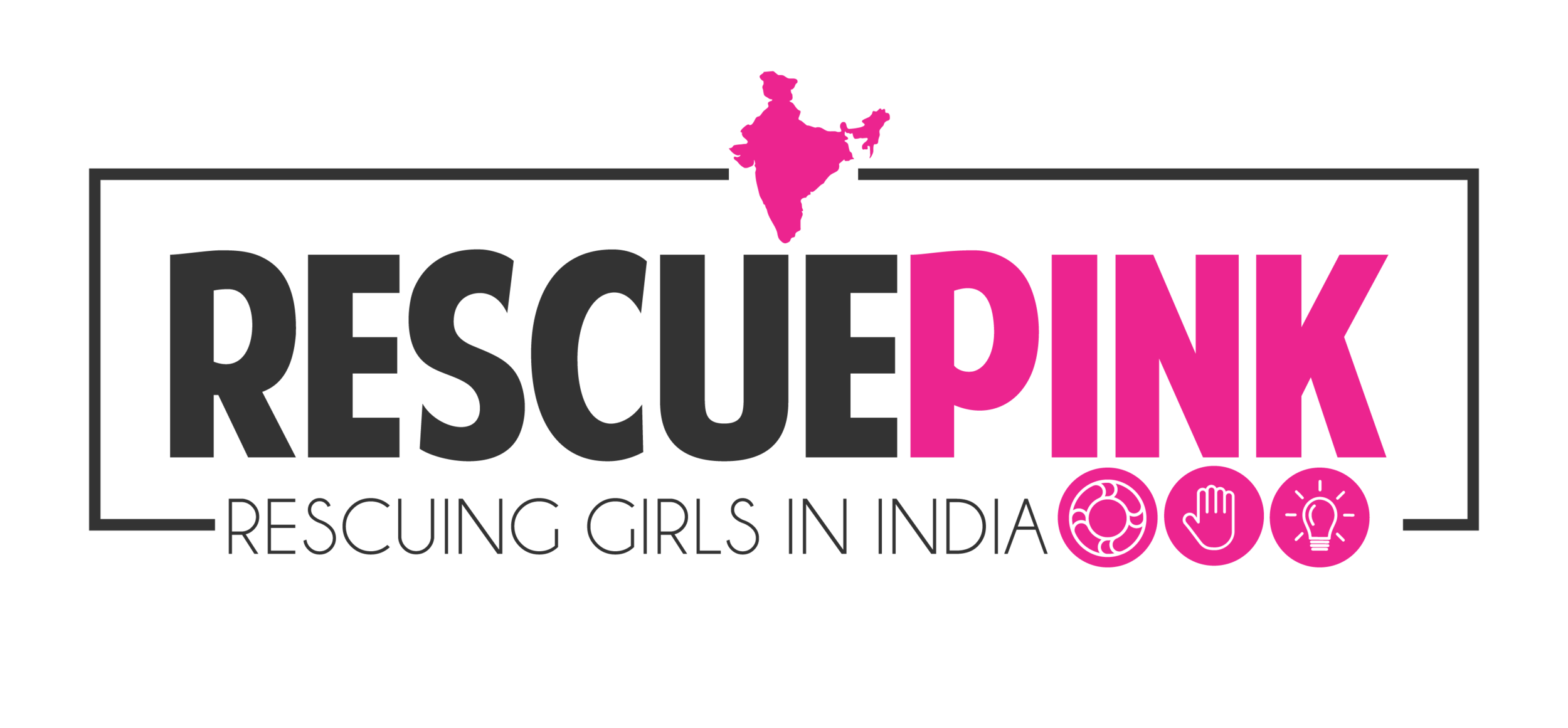Rescue
The first thing we do is rescue. It’s the thing we can do right now to protect young girls who are already at risk.
One of the ways we do this is by offering a daily after-school program for vulnerable girls at our centers. They are given supplemental nutrition because many of them come from families that are extremely poverty stricken, and meals are not a priority for girls in their families. We give them one protein-rich meal when they arrive at our centers, and just before they leave to go home for the evening we give them a protein packed cup of milk to get them through the night. We also offer them free healthcare for any medical needs they may have.
By having the girls with us every day we are able to keep an eye on them. We have relationships with the family and can intervene if they are considering child marriage or getting rid of her in any way.
We teach the importance of education, and we’ve made school attendance a requirement in order to attend our after-school program. Among girls in rural villages, education has not been a priority, and thus holds them back from succeeding in life. This keeps them in a cycle of poverty where they can’t go for higher education or be hired for jobs that would provide for them. We tutor the girls every day to make sure they are staying on track and learning, and we teach them English, which has become the official language of their country (and the only way to get well-paying jobs, go for higher-education, or know how their own government works).
We work with the girls to give them life-skills: things such as teaching them about computers and how to navigate them, how to grow kitchen gardens, and how to sew. We try to give them as many life-skills as possible to help change the trajectory of their lives.
And finally, we help promote their self-esteem in as many ways as possible, instilling in them that they are “beautiful, strong, and brave.” We work hard every day combating the messages they are given at home of unworthiness, to a more powerful message from us, that they can do anything they set their minds to.
